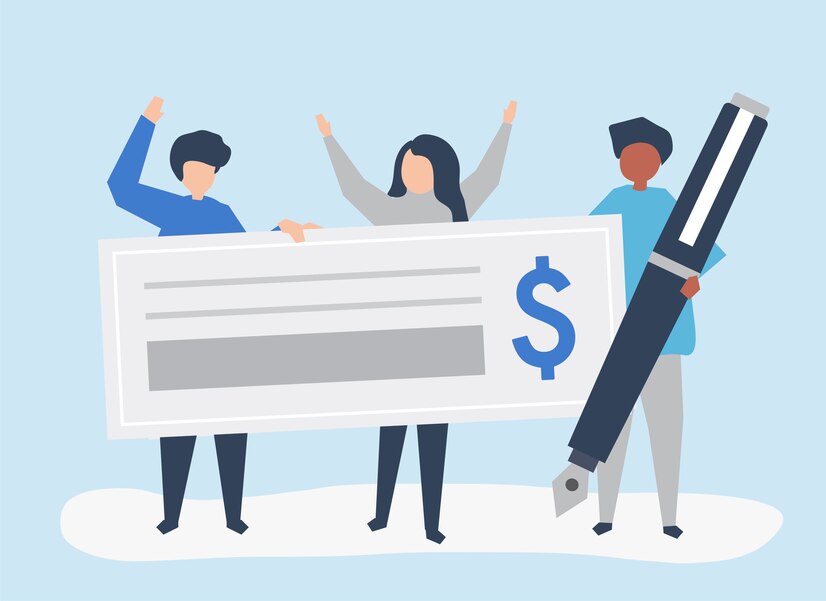How to Get the Best Deal in a Debt Settlement Negotiation
Debt Settlement negotiation can feel like a high-stakes game, but it’s a game you can win. It’s about finding common ground with your creditors, reducing your debt burden, and paving the way for a fresh financial start. It requires strategy, preparation, and a touch of human understanding. Let’s explore how to navigate these negotiations and secure the best possible deal.
Laying the Groundwork: Preparation is Key
Before you even pick up the phone or draft an email, thorough preparation is crucial.
-
Know Your Numbers: Compile a detailed list of all your debts, including balances, interest rates, and creditor contact information. Create a realistic budget that reflects your current income and expenses.
-
Document Your Hardship: Gather evidence of your financial hardship, such as job loss, medical bills, or business setbacks. This documentation will strengthen your case and demonstrate your genuine need for a settlement.
-
Understand Your Rights: Familiarize yourself with relevant consumer protection laws and regulations. Knowing your rights will empower you during the negotiation process.
-
Determine Your Bottom Line: Figure out the maximum amount you can realistically offer as a settlement. Don’t offer more than you can afford.
The Negotiation Dance: Strategies for Success
Once you’re prepared, it’s time to engage in the negotiation process.
-
Start Low, But Be Realistic: Begin with a settlement offer that’s lower than what you can ultimately afford, but within a reasonable range. This leaves room for negotiation and allows you to gradually increase your offer.
-
Highlight Your Hardship: Emphasize the circumstances that led to your financial difficulties. Show the creditor that you’re genuinely committed to resolving the debt, but you need their cooperation.
-
Emphasize Lump-Sum Payments: If possible, offer a lump-sum payment. Creditors often prefer this, as it provides immediate funds. This shows commitment.
-
Be Patient and Persistent: Negotiations can take time. Don’t get discouraged by delays or initial rejections. Maintain consistent communication, and don’t be afraid to walk away if an agreement can’t be reached.
-
Get Everything in Writing: Once you reach an agreement, ensure that all terms are documented in writing and signed by both parties. This protects you from future disputes.
-
Professionalism is Paramount: Maintain a professional and respectful demeanor throughout the entire process.
The Human Element: Building Rapport and Understanding
Remember, you’re dealing with people, not just faceless corporations. Building rapport and understanding can go a long way.
-
Communicate Openly and Honestly: Explain your situation clearly and respectfully. Don’t make promises you can’t keep.
-
Show Willingness to Resolve: Demonstrate your commitment to finding a solution. Creditors are more likely to work with you if they see you’re making a genuine effort.
-
Listen Actively: Pay attention to the creditor’s concerns and try to understand their perspective.
-
Be Empathetic: Acknowledge the creditor’s position, but don’t be afraid to advocate for your own needs.
After the Deal: Building a Stronger Financial Future
Securing a good settlement is just the first step. Focus on rebuilding your financial future.
-
Create a Budget: Establish a realistic budget to manage your finances effectively.
-
Build an Emergency Fund: Save a portion of your income for unexpected expenses.
-
Improve Your Credit Score: Take steps to repair your credit and establish a positive credit history.
-
Learn from the Experience: Understand the factors that led to your debt and take steps to avoid similar situations in the future.
Debt Settlement negotiation is a process that requires patience, persistence, and a human touch. By preparing thoroughly, negotiating strategically, and building rapport with your creditors, you can secure the best possible deal and pave the way for a brighter financial future.
If you need expert assistance, Settle Loan can help. Contact Us today to explore your options.



